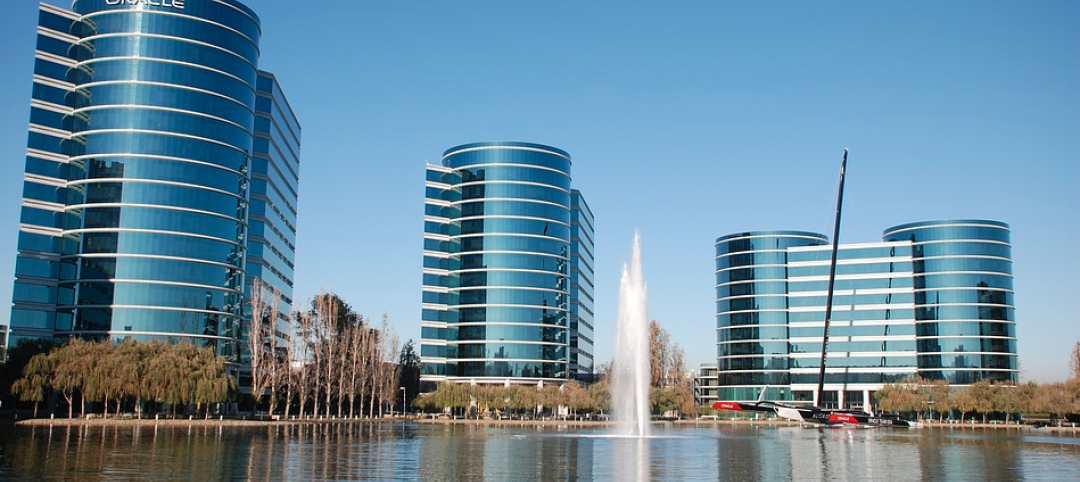The Washington D.C. Council recently passed legislation that will make it more expensive for owners to hold vacant or blighted property.
The Vacant Property Enforcement Act of 2016 reduces the maximum amount of time a vacant property can qualify for an exemption from higher vacancy tax rates. It also closes a loophole that allows continuous renewal of construction permits to qualify for tax exemptions, and require owners of vacant properties to prove they are no longer subject to the higher tax rates.
"The District has a substantial number of vacant properties, many of which are poorly maintained,” the bill report says. "Property owners may keep their properties vacant or fail to maintain them because they expect property values to rise over time. Poorly maintained and vacant properties can damage surrounding communities by being eyesores, by serving a venue for drug use and by providing a home for rodents or other animals. The net effect is to reduce the feeling of a cohesive community and depress surrounding property values."
The legislation reduces the time an owner can claim an exemption from higher taxes because of construction to one year for residential properties and to two years for commercial properties. Fines for failing to comply with city property regulations will rise from $1,000 to $5,000.
Related Stories
Codes and Standards | Jun 13, 2018
United States Resiliency Council announces support for Calif. earthquake resiliency bill
Measure would help cities identify structures that could fail in major quake.
Codes and Standards | Jun 12, 2018
Congestion pricing for cars is effective in reducing traffic, but a difficult sell
After three years, traffic congestion declined by 30% in London.
Codes and Standards | Jun 11, 2018
First RFP requiring modular construction on New York City housing project issued
Part of Housing 2.0 modular construction initiative.
Codes and Standards | Jun 6, 2018
Buffalo, N.Y., contractor exec pleads guilty to fraud for bid rigging on $750 million contract
LPCiminelli stops functioning as GC in fallout from the case.
Codes and Standards | Jun 6, 2018
LEED should be updated to combat climate change
Hasn’t kept pace with urgency of problem, says clean energy investor.
Codes and Standards | Jun 5, 2018
Sports stadiums and arenas showcase sustainability features
Green venues save owners money, gain positive publicity.
Codes and Standards | Jun 4, 2018
L.A. must transition to cleaner energy, boost transit to reach sustainability goals
City aims to reduce GHGs 60% by 2035 and 80% by 2050.
Codes and Standards | Jun 4, 2018
Washington D.C.’s flattened skyline can be a virtue
Zoning ordinance that ties building heights to width of streets dictates form.
Codes and Standards | May 30, 2018
Silicon Valley cities considering taxes aimed at large employers
The aim is to offset the impact on housing costs and homelessness by tech companies.
Codes and Standards | May 30, 2018
OSHA proposes new crane operator safety rule
Would provide long-term clarity on certification requirements.

















